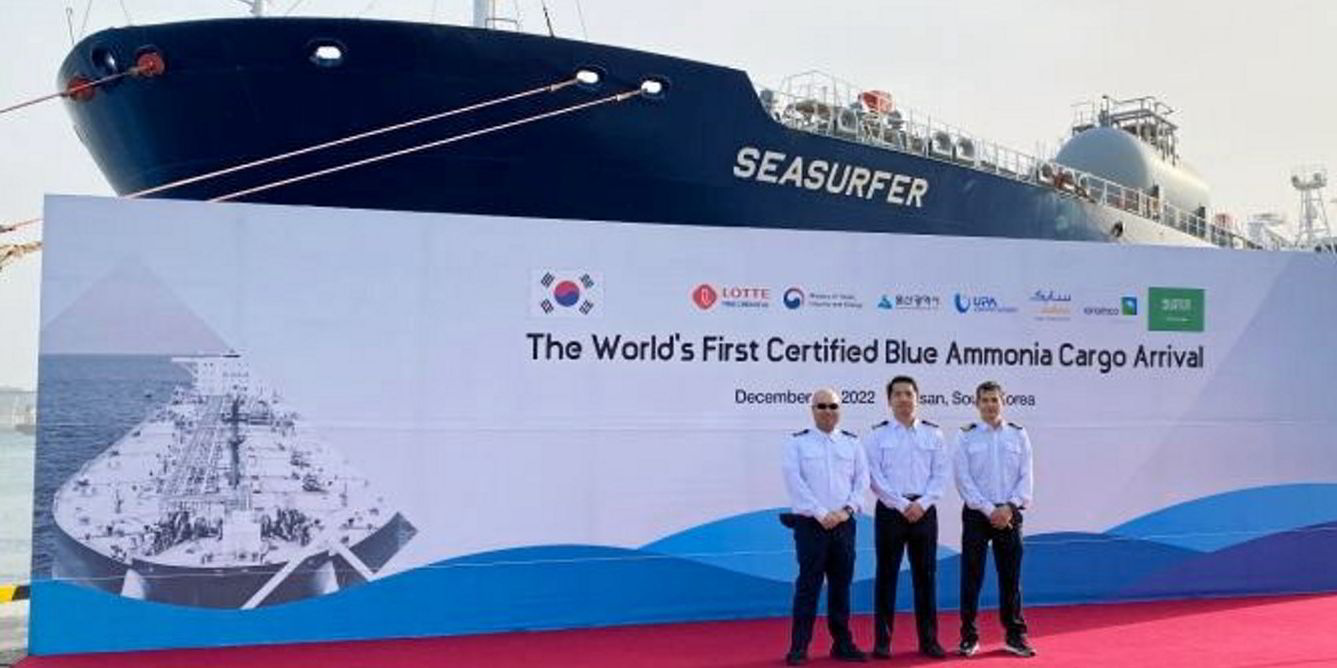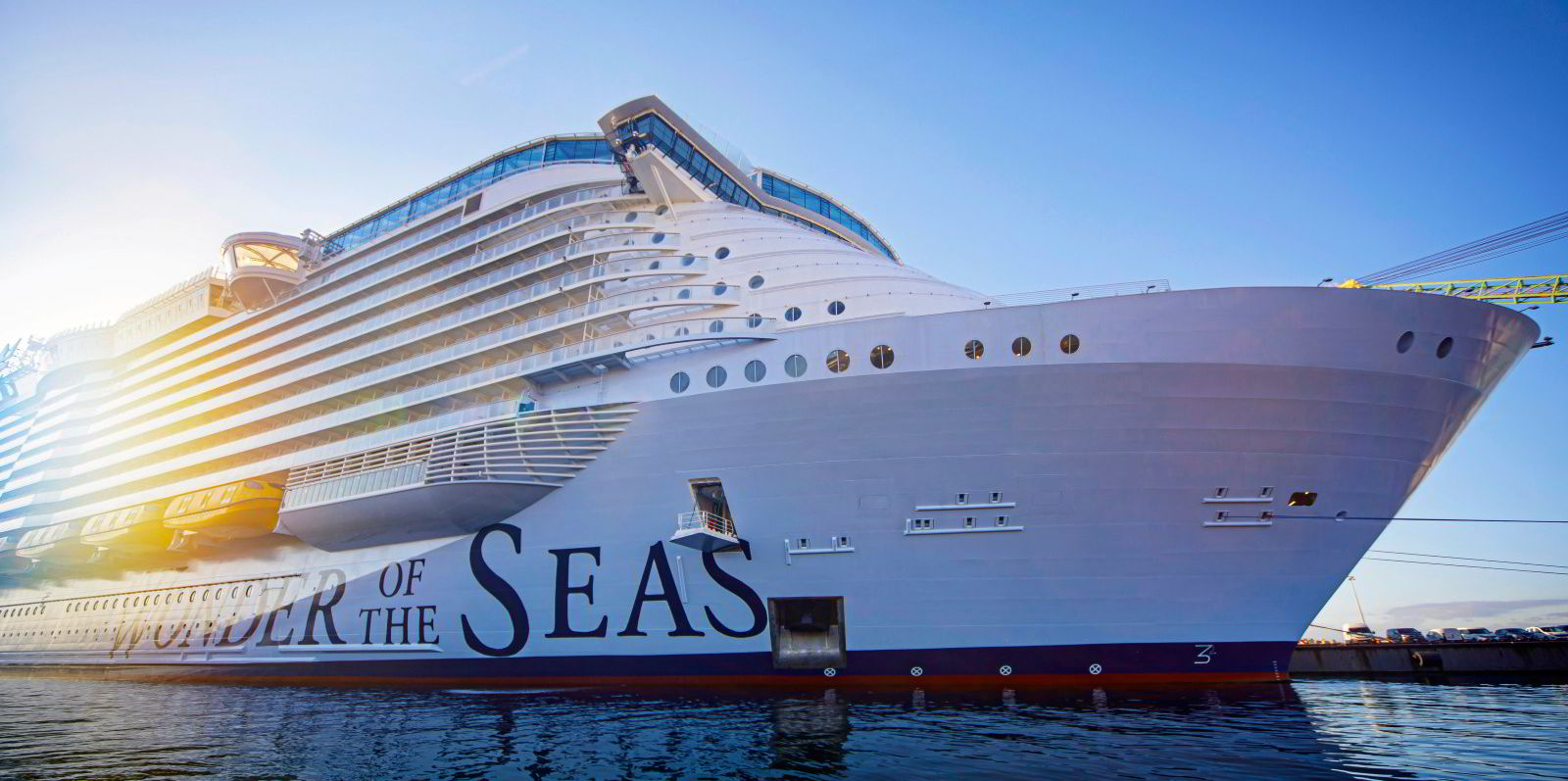Nearly three-quarters of the newbuildings contracted during 2022 have been built to run on fuel oil, according to shipbrokers Affinity (Shipping).
“Fuel Oil is still responsible for 74% of ships contracted this year and, the reality is, for the vast majority of buyers and for the vast majority of ships, sectors, sizes and owners, fuel oil remains the only realistic option for a newbuilding,” Affinity detailed.
For this reason, and in a spoof of the BBC’s annual ‘Sports Personality of the Year’ awards, the broker said it had made the contentious but easily justified decision to hand the ‘Shipping Fuel of the Year’ title to fuel oil, after weighing up the merits of close competitors LNG and methanol.
Going a “little off-piste” for its weekly newbuilding report and handing out what it described as some “completely fabricated awards” — with the rider that these are judged exclusively by its panel of experts and are therefore purely subjective — the broker said fuel oil’s win was partly due to the inherent weakness of the alternatives at present.
The brokerage fessed up to being a particular supporter of LNG duel-fuelling but said that this year Russia’s war in Ukraine has made this economically extremely challenging for any owner without access to significant long-term volumes.
Affinity said traditional shipowners are not going to pay an additional 20% to 25% capital expenditure for an LNG dual-fuel vessel when LNG is trading at such a premium — about $1,500 per tonne today compared with $590 per tonne for very low sulphur fuel oil on an energy equivalent basis.
The broker said methanol would have been an easy pick for the award as it has greatly increased its share of the fuelling mix in 2022. But declared it “not a very good fuel from any perspective”.
Affinity detailed that on a well-to-wake basis grey methanol is less green than fuel oil, questioned the availability of any green supply, the fuel’s pricing transparency and said large volumes will be needed as its calorific value is so low.
“Giving methanol the prize, in our opinion, would be little more than greenwashing,” the broker said.
Affinity acknowledged that fuel oil is not very environmentally progressive but said it remains “the only option” for the bulk of the market.
“Activity this year by traditional shipowners has been exclusively for conventional-fuelled ships and we suspect it will remain the status quo for a couple of years yet.”
Tipping point
But the broker said it expects to see a tipping point a few years out when the LNG price has come down, the economics of conventionally-fuelled vessels come under pressure from environmental legislation and the availability and pricing of methanol and ammonia become more reliable.
Other ‘awards’ went to LNG shipping for Sector of the Year on the back of the record number of orders logged this year, after overtaking a strong start from the container shipping business.
Linked to this Shipbuying Nation of the Year, was awarded to Qatar, whose raid on the LNG market helped propel South Korea to Affinity’s title of Shipbuying Nation of the Year for holding their nerve on prices.
Finally, the Unsung Hero Of The Year award was handed to the tanker market.
The brokerage said the combination of low orderbooks, tight secondhand liquidity, high prices for vessels together with “sensational earnings” was always going to be enticing. But demand has shifted from latent to actual in the last couple of weeks.
“It’s been stealthy, but tanker demand is back,” the broker said.





